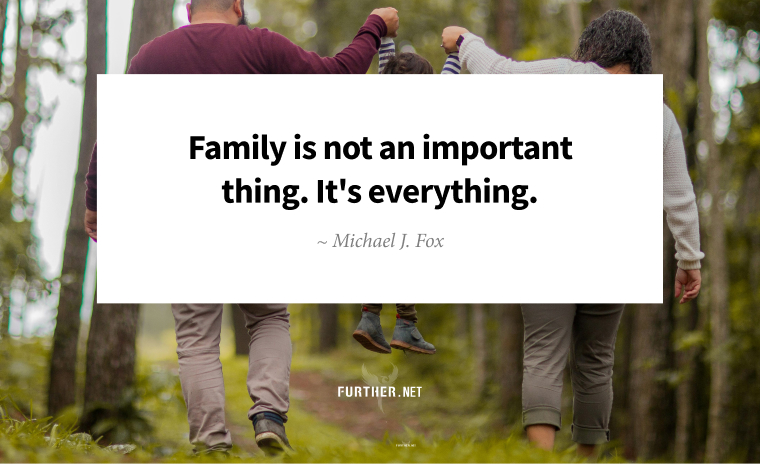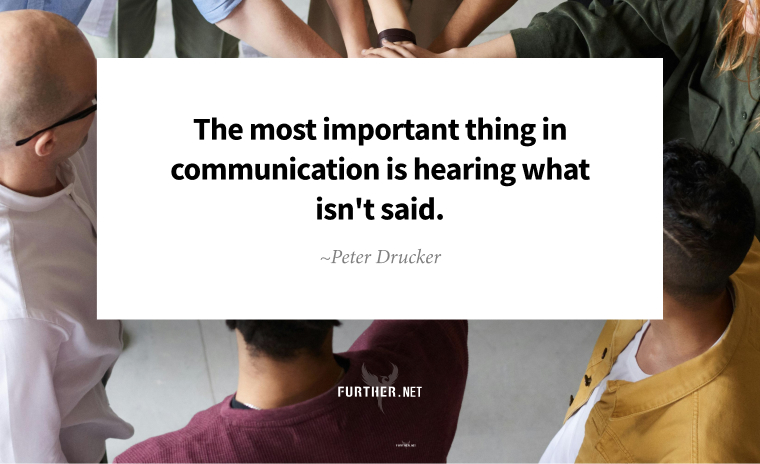
Midlife is a period of peak family, in both wonderful and challenging ways.
After all, two-thirds of us have dependent children, and about half have a parent over 65. We’re the Sandwich Generation, tasked with supporting our aging folks as well as our growing or young adult kids, all while working full-time.
Down below, Trudi shares some tips for effectively communicating with your young adult kids. And when it comes to helping out your aging parents, let me point you to a special free presentation that can make a challenging situation a bit easier to manage.
Join our friends Ethan Blum and Diane Dagefoerde today at 1pm ET for a practical, no-nonsense take on How to Manage Care for Your Aging Parent:
-
- The journey of managing care for an aging parent
- Why the four most common approaches to managing care don’t work
- Your role as their care manager
- How to shift from panic to proactive care planning
- The #1 strategy to help you handle every care challenge
By the end of this free session, you’ll have a toolkit to help you and your parent navigate the next part your journey together with more clarity, less stress, and better life balance for both of you.
If you can’t attend live, sign up to receive the recording afterward!
How to Manage Care for Your Aging Parent (My Aging Parents)
Keep going-
P.S. New to Further? Join us here.
Lose the Xylitol
A low-calorie sweetener called xylitol used in many reduced-sugar foods and consumer products such as gum and toothpaste may be linked to nearly twice the risk of heart attacks, stroke and death in people who consume the highest levels of the sweetener, a new study found.
Common Low-Calorie Sweetener Linked To Heart Attack And Stroke, Study Finds (CNN)
Getting Out of Your Own Way
A new book argues that many of us are stuck in old, unhelpful patterns — but we can improve our lives by finding our intuition and authenticity.
Are Your Habits and Beliefs Self-Destructive? (Greater Good)
The Hoagie Generation
The high cost of living in the United States and increased lifespan means that Gen X’s “sandwich generation” duties are elongated, looking more like, well, a hoagie or $15 footlong. “For the generation stuck in the middle of caring for both younger and older relatives, the impact and potential damage to their own personal finances are magnified.”
Need to Get Away?
More than 60% of Gen Xers cited the need to get away as their primary reason for booking a vacation, a higher percentage than any other generation. And we’re booking fewer family trips and more vacations with friends or solo adventures.
Gen X Is Fed Up, So They’re Taking More Vacations Alone (MSN)
A Mature Approach to Communicating With Grown Kids

By Trudi Roth
Given that our generation made “parenting” a verb, it’s unsurprising that we remain closely connected with our grown children.
Research shows this is a good thing; Pew Research reported that young adults 18-34 with highly involved parents benefit from an ongoing relationship with their folks. And we similarly thrive by staying close with our kids.
But researchers weren’t in the room with me when my daughter recently iced me for a week after I offered her some “helpful” advice. Nor were any scientists measuring my blood pressure when an acquaintance told me about some big plans my son had made without informing me.
As much as we’d like to think we’ve transcended our parents’ mistakes, it’s still just as easy for us to inadvertently cross boundaries and trigger the hell out of our kids. Time to take the eternal parental advice and learn how to (better) use your words.
Get Out of the Mouth of Babes
According to psychologist Sarah Epstein, while your comments may be based in love, they can easily backfire unless you stick to the basics of open, honest conversion.
As in all parent-adult child dynamics, both parties can take initiative to articulate their needs and be open to hearing feedback about how to support one another.
So, for example, my mistake in giving advice to my daughter was that it was unsolicited. She wanted to be validated and understood, but I was too focused on solving her problem. “That sounds rough” or “I trust your decision-making” would’ve worked better.
Similarly, telling your child they should look on the bright side or be grateful says you can’t tolerate their negative feelings or may even gaslight them. And cracking jokes — another go-to for most of us when conversations are challenging — can convey that their pain is too much for you.
Stop Kidding Yourself
Raising humans doesn’t come with a manual, but there is a basic rule of thumb that always works: it’s not about you.
So, here are a few ways to employ that advice to better your relationship:
- Avoid sharing the story about the time that thing happened to you.
- Keep your concerns, anxieties, and fears about the situation to yourself. It’s a tell when your kid has to console you, not vice versa.
- Stay present and avoid awkward responses like shutting down, turning away, or changing the subject.
- Check your jealousy at the door by not minimizing their issues, especially if your kid is more successful or has more exciting opportunities than you.
- Resist labeling your child or the situation.
And if all else fails, this line works wonders:
“Is there anything I can say that won’t make it worse?”
It’s not a whole conversation, just a baby step to being the mature parent your adult child needs.
8 Ways Parents Sabotage Conversations with Adult Children (Psychology Today)
further: flashback

Soho – Hippychick
Goddess, 1990
If you’ve ever been fooled into thinking you were about to listen to “How Soon Is Now?” by The Smiths but it was Hippychick by Soho instead, you’re not alone. It’s a brilliant sample, so much so that Johnny Marr got songwriting credit on the tune. Fun fact: Johnny Marr stole that opening riff from the Rolling Stones cover of Bo Diddley’s song “Mona.” (YouTube)
further: sharing
Enjoy this issue? Please forward this email with friends or share on social media using the icons up top.
Thank you for sharing Further!
